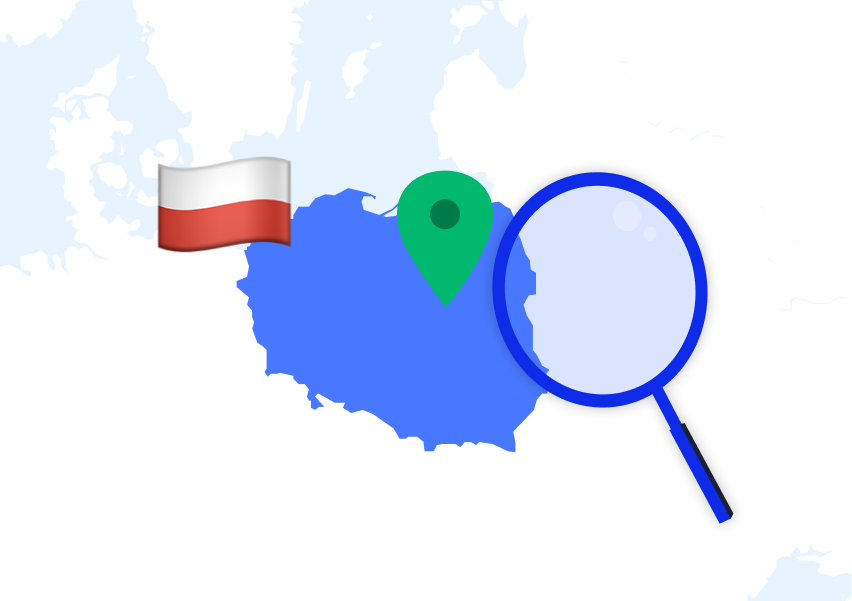Talent shortage intensifies in IT
Many companies are looking for internal and external talent to accelerate their tech & IT projects. Profiles are rare, volatile and in high demand, particularly in certain areas of expertise.
As a result, competition is increasing, and the war for talent is a growing issue within organisations. Here are some key figures for the French market:
- 63% of managers think that the lack of qualified employees has a major or moderate impact on their business (Udacity survey)
- There is a shortage of 10,000 graduates per year in the IT sector (Numeum study)
- 15,000 cybersecurity expert positions are open but not filled (Wavestone study)
Talent sourcing is therefore becoming resolutely strategic. And in particular, the sourcing of external talent insofar as companies increasingly turn to ESNs or freelance profiles to strengthen their IT teams.
Purchasing departments, therefore, have a fundamental role to play in establishing an effective sourcing strategy to overcome this talent shortage.
The end of borders in talent sourcing
The Covid19 pandemic and the rise of cloud computing have democratised remote and asynchronous working at a dramatic rate. Distance is no longer an issue: Increasingly, IT teams are now spread across cities, countries, continents, and time zones. Geographical boundaries are no longer relevant when finding the best internal or external talent. Outsourcing part of one’s IT projects to other countries is not new. Many companies have been doing it for a long time offshore or nearshore.
NB: Offshoring is the relocation of services to distant foreign countries, such as India, Mauritius, or Madagascar. On the other hand, nearshore focuses on nearby countries, often in the same time slot. For France, this means, for example, Spain, Portugal, the Maghreb, or Eastern Europe.
While offshore and nearshore have been happening for several decades, they have always been driven by cost reduction issues and generally concern support or low value-added services.
Companies can now turn to foreign countries to find highly qualified profiles that are not easily accessible on their local market and for high value-added services. This is a far cry from low-cost outsourcing.
New pools of tech & IT talent
New Tech Hubs are emerging worldwide, with highly skilled talent pools, particularly in Southern Europe, Eastern Europe, South America, and Asia. Some examples:
- India is by far the largest pool of tech talent, with 4.5 million developers, not to mention its multitude of multinationals, research centres and a large ecosystem of start-ups.
- Hungary has more than 84,500 tech engineers and is ranked 4th in the Best Developers 2020 SkillValue of the Best Developers in 2020, thanks to a strong university system
- Romania sees the creation of thousands of start-ups every year and is dubbed the “Silicon Valley of Eastern Europe”.
- Barcelona has 72,500 developers, making it the 2ème largest developer pool among European cities, according to Mobile World Capital
- The city of Medellín in Colombia is emerging as the “Valley of Software”, with hundreds of international tech companies opening offices there
These talent pools are a unique opportunity to address companies’ talent shortages in their local markets. This is an opportunity to find key skills that are unavailable or cannot be found on the French market
How can you open up your external talent sourcing internationally?
Purchasing departments must equip themselves and define specific processes to offer appropriate solutions to different businesses. In short, you must implement a strategy for the international purchasing of intellectual services.
But implementing such a strategy can be complex: how can you define your business needs to drive your international sourcing? How to effectively evaluate suppliers? How can you set up contracting and invoicing processes that are in line with your compliance?
Therefore, it is often best to be supported throughout this process.
With Global Connect, LittleBig Connection helps you find the talent you need, wherever it is in the world, through a vast network of partners and provides a seamless administrative experience. So don’t wait any longer: expand your playing field, fight the talent shortage, and meet your business needs.


